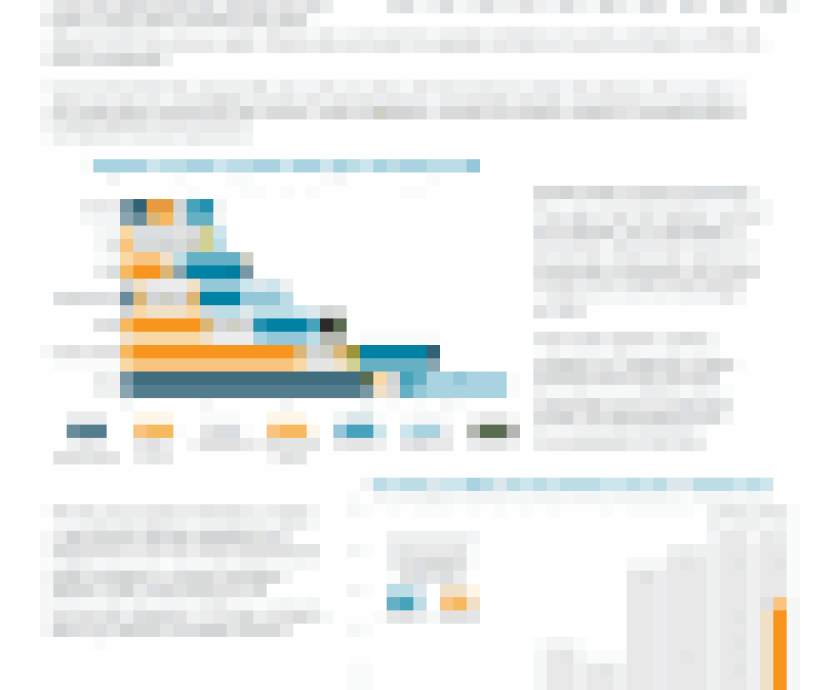Click to expand Image
Two young girls are playing with their cameras in a garden, Osterode, Germany, January 8, 2016.
© 2016 Frank May/picture-alliance/dpa/AP Photo
Today, the Australian government committed to developing the country’s first data protection law for children. The decision, which rights organizations including Human Rights Watch, Australian academics, and many Australians have long called for, comes as part of a package of reforms to Australia’s privacy law. These reforms include creating the right to sue for serious invasions of privacy and the criminalization of doxing, or the malicious release of personal data.
By committing to a Children’s Online Privacy Code, the government has followed through on its promise to require online providers and companies to uphold the best interests of children when handling their personal data. The government has directed the Office of the Australian Information Commissioner to draft the code, and has given the regulator three years and AU$3 million (US$2 million) to do so.
The reforms have been prompted by increased reports that children’s personal data has been exploited to secretly surveil them in their online classrooms and deep into their private lives; used to target them with harmful content; or manipulated into sexually explicit deepfakes of other children.
The government’s decision signals its intent to meaningfully protect children’s privacy online. Australia has long relied on self- or co-regulatory models of governance, which lets companies write and oversee their own rules. But whether in advertising, medicine, or technology, these approaches have resulted in drastically weaker protections for children and all Australians. It is significant that the government has broken with the past and given an independent, expert regulator the mandate and enforcement powers to protect children’s best interests over commercial ones.
Unfortunately, everyone over the age of 18 must wait and see whether their data privacy might be protected, too. In the face of resistance by trade groups, the government has backed off or watered down many of its original proposals to protect all Australians. Debate over these measures has been postponed, likely until after the next election by May 2025.
Australia’s attorney general once said that “personal privacy of citizens is under attack.” This remains true. The government should build on today’s announcement and start working to protect everyone’s data privacy.
And as the Australian information commissioner’s office begins work on the Children’s Online Privacy Code, it should consult with children on developing comprehensive protections for their full range of rights, so that they can safely learn, grow, and play online as they do in the physical world.



